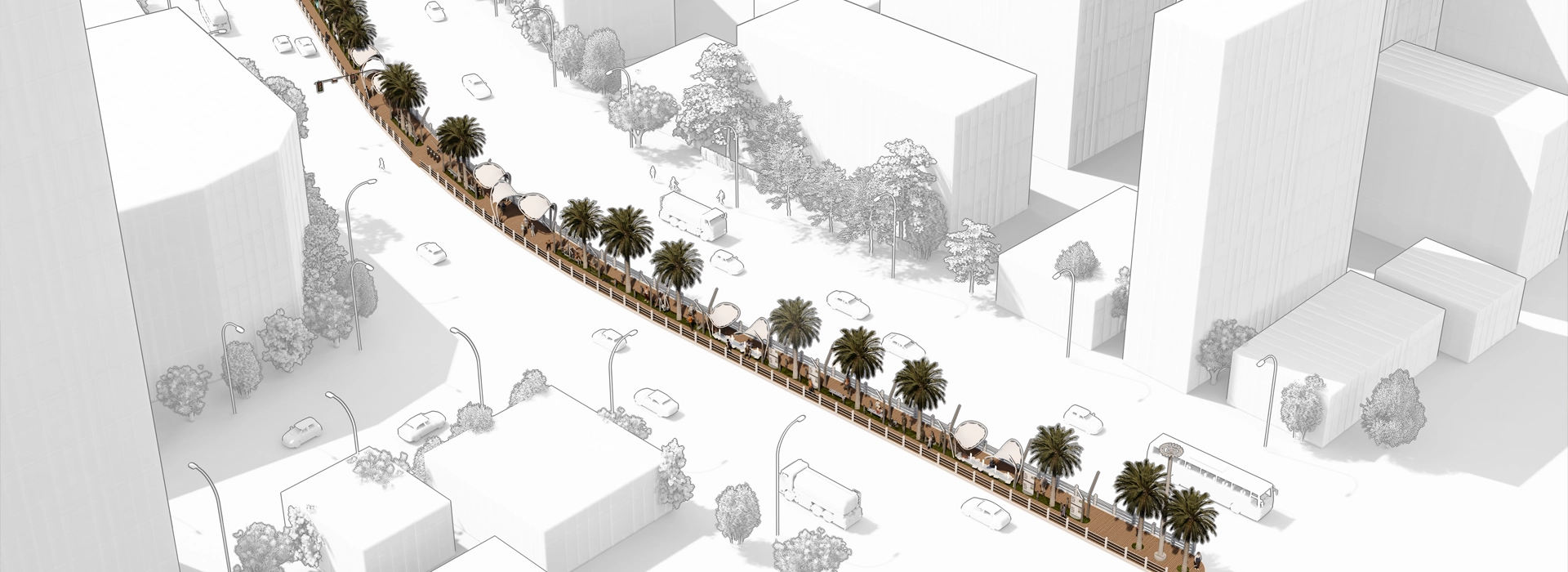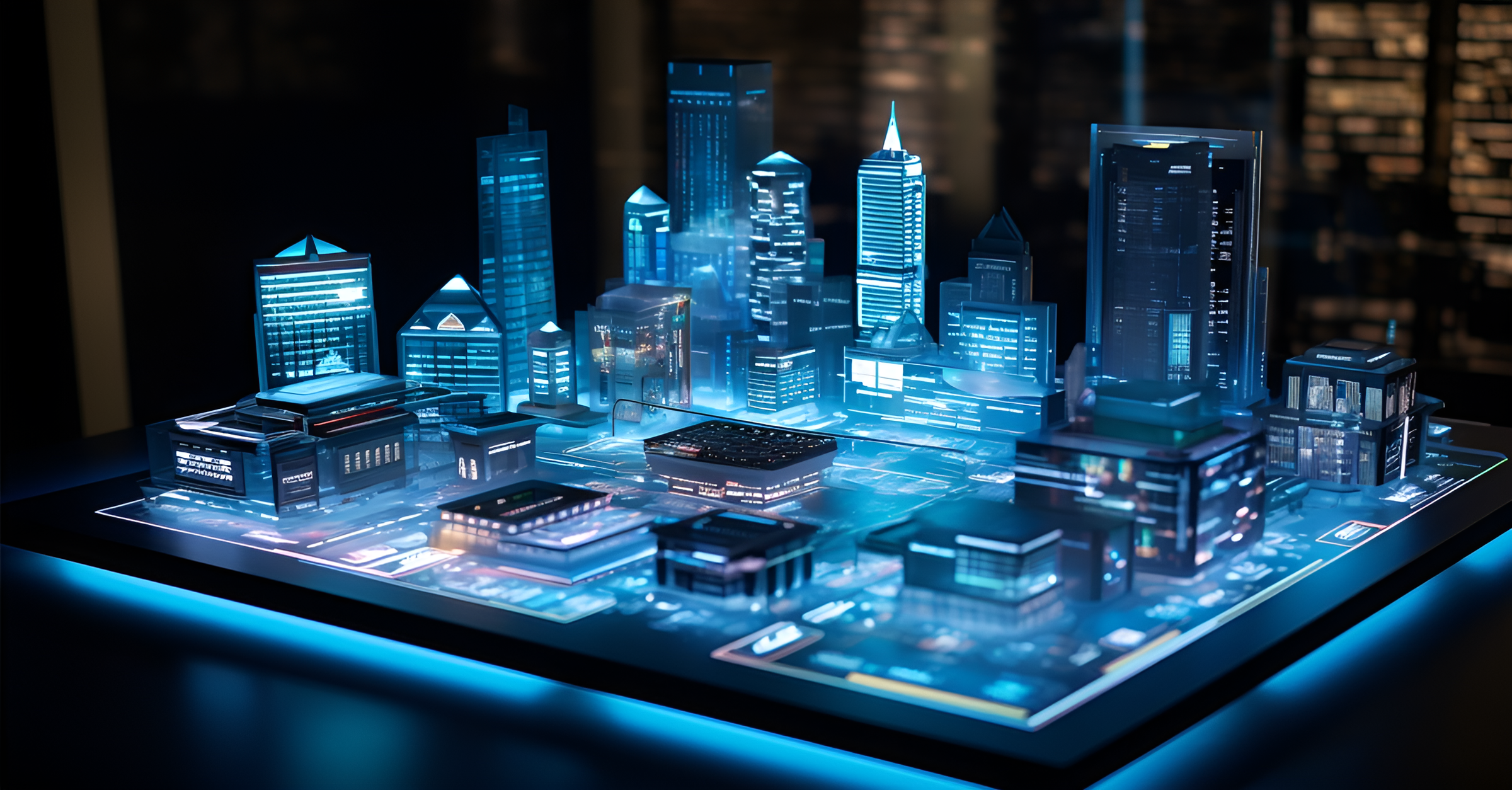The Role of Technology and Innovation in Redevelopment Projects
13 December 2024 | 17:42 PM | Ar. Jeevan A. Pawaskar
Emerging technologies such as smart cities, Artificial Intelligence (AI), and the Internet of Things (IoT) hold immense potential to transform Mumbai and Navi Mumbai's redevelopment landscape. As these cities face rapid urbanization and growing infrastructure needs, integrating these innovations can significantly improve urban living, enhance sustainability, and streamline development processes.
Smart Cities: The Future of Urban Infrastructure
The concept of smart cities, which leverages advanced technology to optimize urban management, is key to Mumbai and Navi Mumbai's redevelopment. By integrating digital infrastructure, such as sensors and data analytics, these cities can better manage traffic, waste, water supply, and electricity.
- Efficient Resource Management: Smart grids can optimize electricity use, reducing waste and ensuring a more reliable power supply. Smart water meters and waste management systems can monitor usage and optimize collection routes, leading to reduced environmental impact.
- Improved Mobility: Smart traffic management systems can reduce congestion by controlling traffic flow in real-time, easing daily commutes and reducing pollution. Autonomous vehicles and electric mobility can be integrated into the city's infrastructure for a greener, more efficient transport system.
Artificial Intelligence (AI): Enhancing Urban Planning and Services
AI has the potential to transform urban planning, construction, and public services in redevelopment projects.
- Predictive Analysis: AI can analyse large datasets to predict future growth trends, helping developers and city planners make informed decisions on where to focus redevelopment efforts. It can also optimize construction schedules and reduce project delays by forecasting potential issues before they arise.
- Smart Infrastructure: AI-powered systems can enhance building operations, such as automating lighting, heating, and cooling based on real-time data, improving energy efficiency and reducing costs.
Internet of Things (IoT): Connecting Urban Infrastructure
IoT involves embedding sensors into everyday objects, enabling them to communicate with each other. This technology is crucial in creating interconnected urban systems in Mumbai and Navi Mumbai.
- Smart Buildings: IoT can be used to monitor and control building systems such as lighting, heating, and security, improving residents’ comfort and safety while optimizing energy use.
- Public Safety: IoT-enabled surveillance and emergency response systems can ensure better safety in redevelopment areas. Sensors can detect gas leaks, fire hazards, or flooding, triggering instant alerts to authorities for faster response.
- Waste Management: IoT sensors can optimize waste collection by monitoring the fill levels of bins in real time, allowing for more efficient scheduling and reducing traffic congestion from waste collection vehicles.
Conclusion
Integrating smart city technologies, AI, and IoT into Mumbai and Navi Mumbai’s redevelopment projects can lead to more efficient, sustainable, and liveable urban environments. These technologies not only streamline city operations but also improve quality of life for residents by enhancing infrastructure, safety, and resource management. To fully realize these benefits, a collaborative approach between government, developers, and tech innovators is essential for creating future-ready cities.


